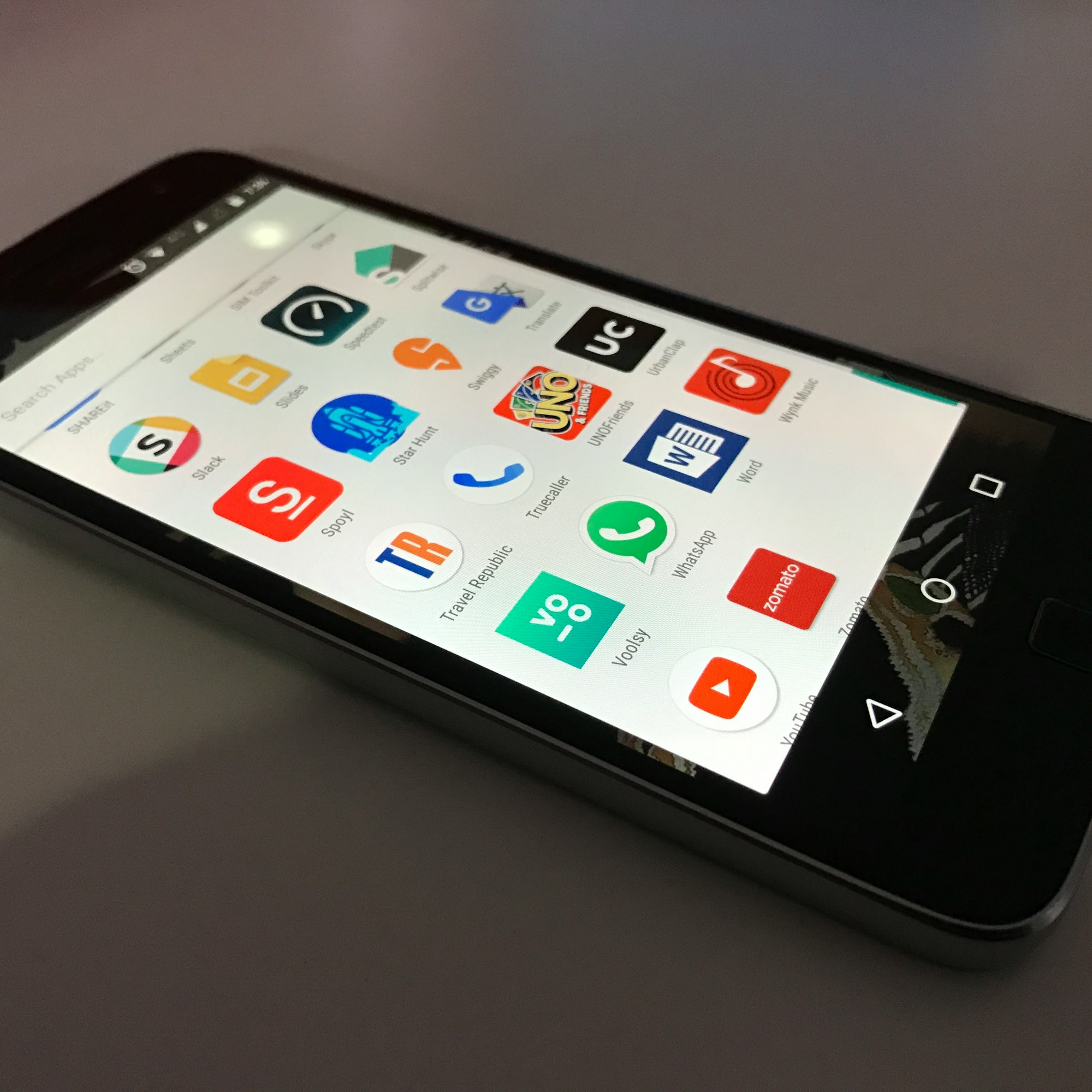The Evolving Definition of "App"

I've been meaning to write this post for a while now, and a recent post by Bill French of iPadCTO spurred me into action.
It's been interesting to experience the changing definition of an "app".
The most popular definition of an "app" is native software that typically runs on a smartphone, and most commonly the iPhone. It's compiled software built using ObjectiveC in X Code, an Integrated Development Environment (IDE) for Mac OS X. If it sounds complicated, that's because it is - developers who have the ability to build "apps" are in high demand these days.
But the line that defines an app is being massively blurred. Take for example, OpenAppMkt, run by my friend Teck Chia, which packages "web apps" into an "app store". These aren't apps in the traditional sense -- in fact they're just websites packaged up to look and feel like native apps.
But what Teck and many others are doing gets to a fundamental tenet of the allure of apps: while you browse the web, you don't own the web. Being on the web is a very nomadic experience. You visit your favorite sites, then you visit other sites, but there's very little sense of ownership on the web.
An app, by contrast, provides a unit of ownership. You purchase an app using iTunes. You own that contained experience. Or, as Bill French puts it very eloquently:
"Apps have become a meaningful abbreviation to technology that just works. Apps provide a common and easily understood idea that has been widely accepted as a solution - indeed a means to get stuff done quickly and effectively."
And that's exactly right. Especially in the mobile space, users just want to complete an action, whether it's looking up a restaurant, checking in on a social network, looking up and dialing a phone number, and the list goes own. They don't want to browse on the phone as much as they want to do on the phone.
As more companies jump on this marketing bandwagon, you can expect more and more packaging of experiences to be put into the "app" format. The term app is quickly evolving from "native software on the smartphone" to "a packaged, targeted experience that you own" regardless of whether the underlying technology is iOS, Android, HTML or desktop software.
The most mindblowing part of this evolution is how "back to the future" this whole thing is. Apps in many ways feel very 80's - when desktop software ruled, before the Internet took off and "web apps" like Google Docs and Gmail came around. Google must be throwing an absolute fit about the re-emergence of "apps," as its whole purpose in life is to evangelize the move of computing to the cloud and the web, reducing our need for desktop, laptop or mobile computing power down to the barest of terminals.
Anyone have any thoughts about how this trend is going to play out?